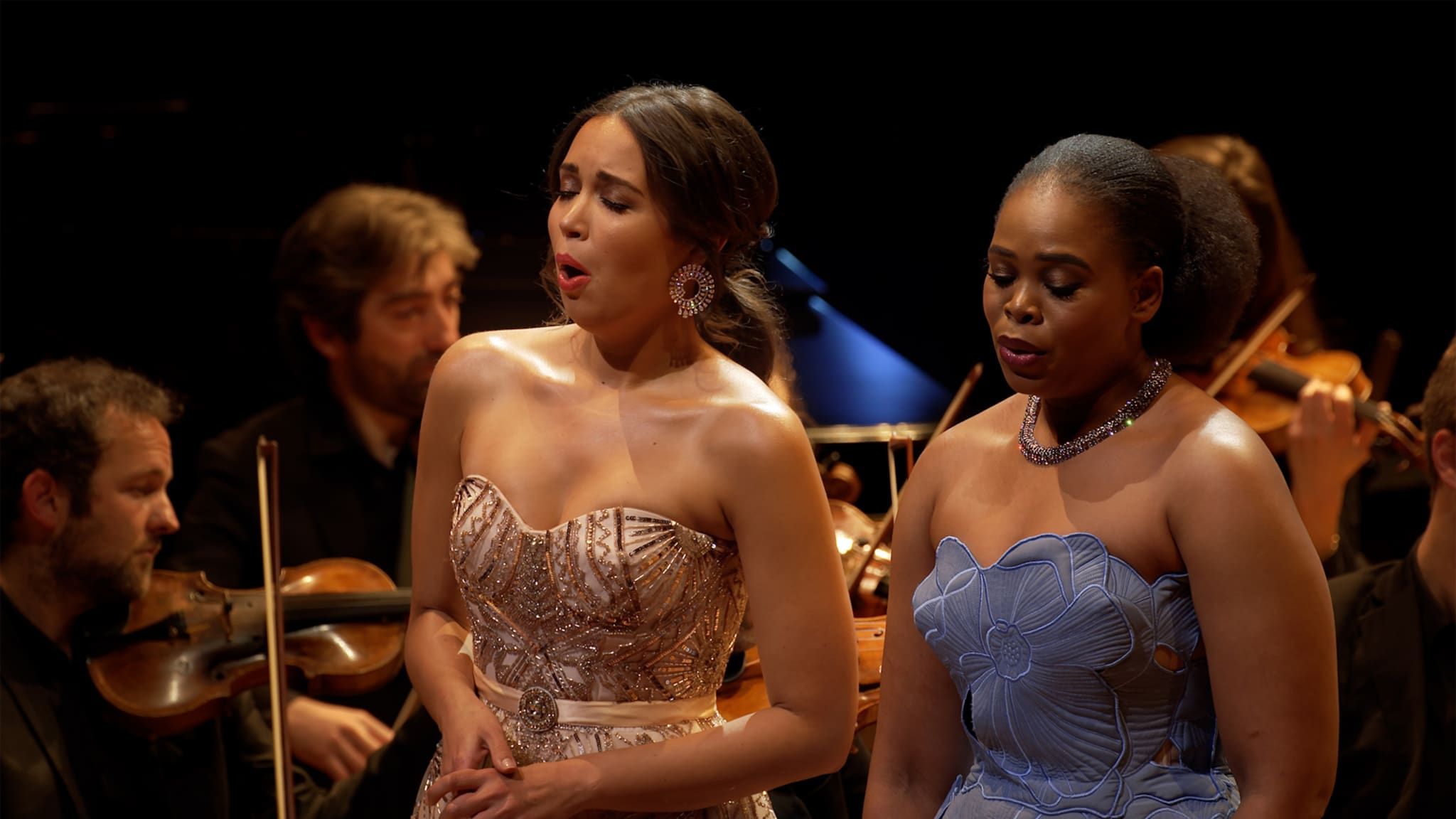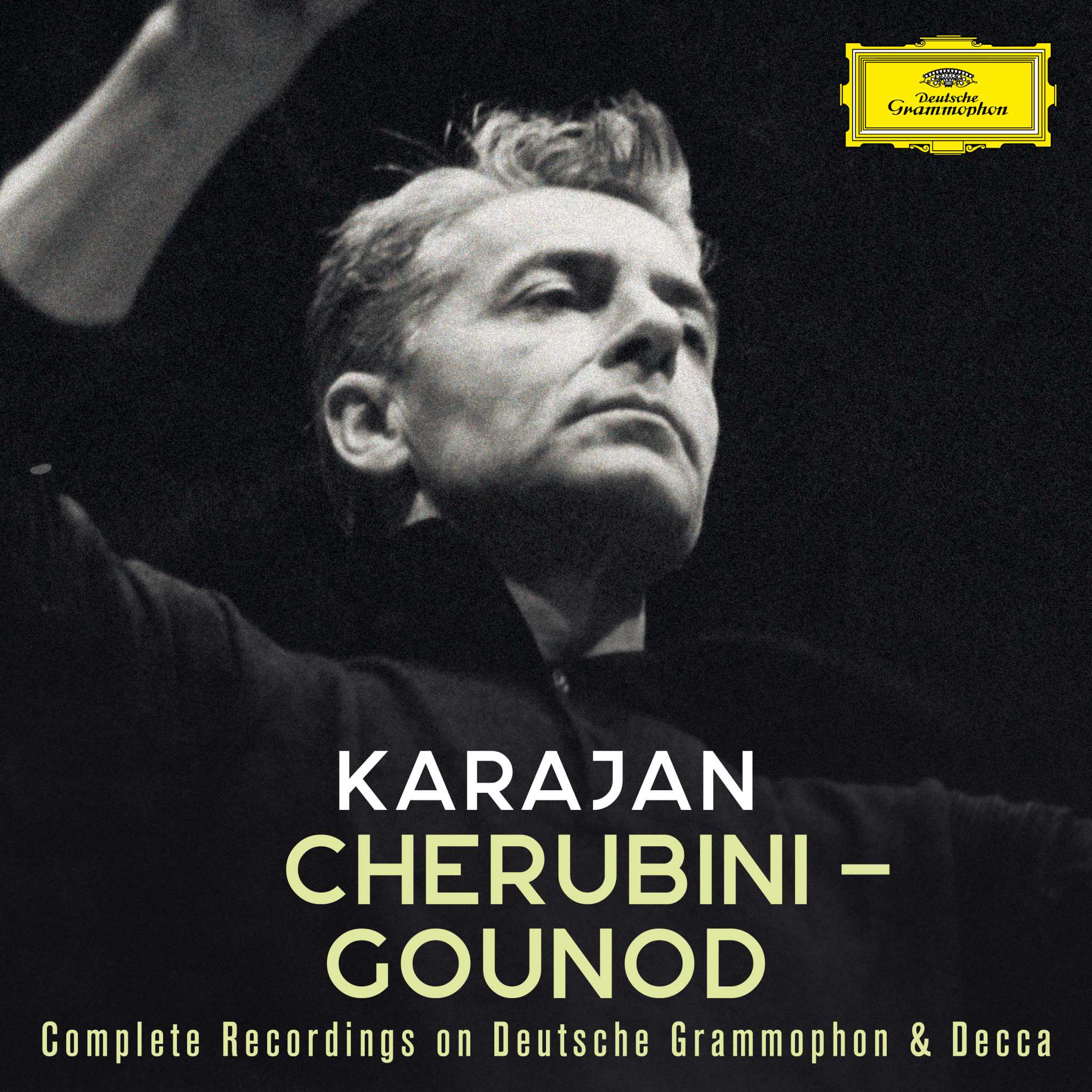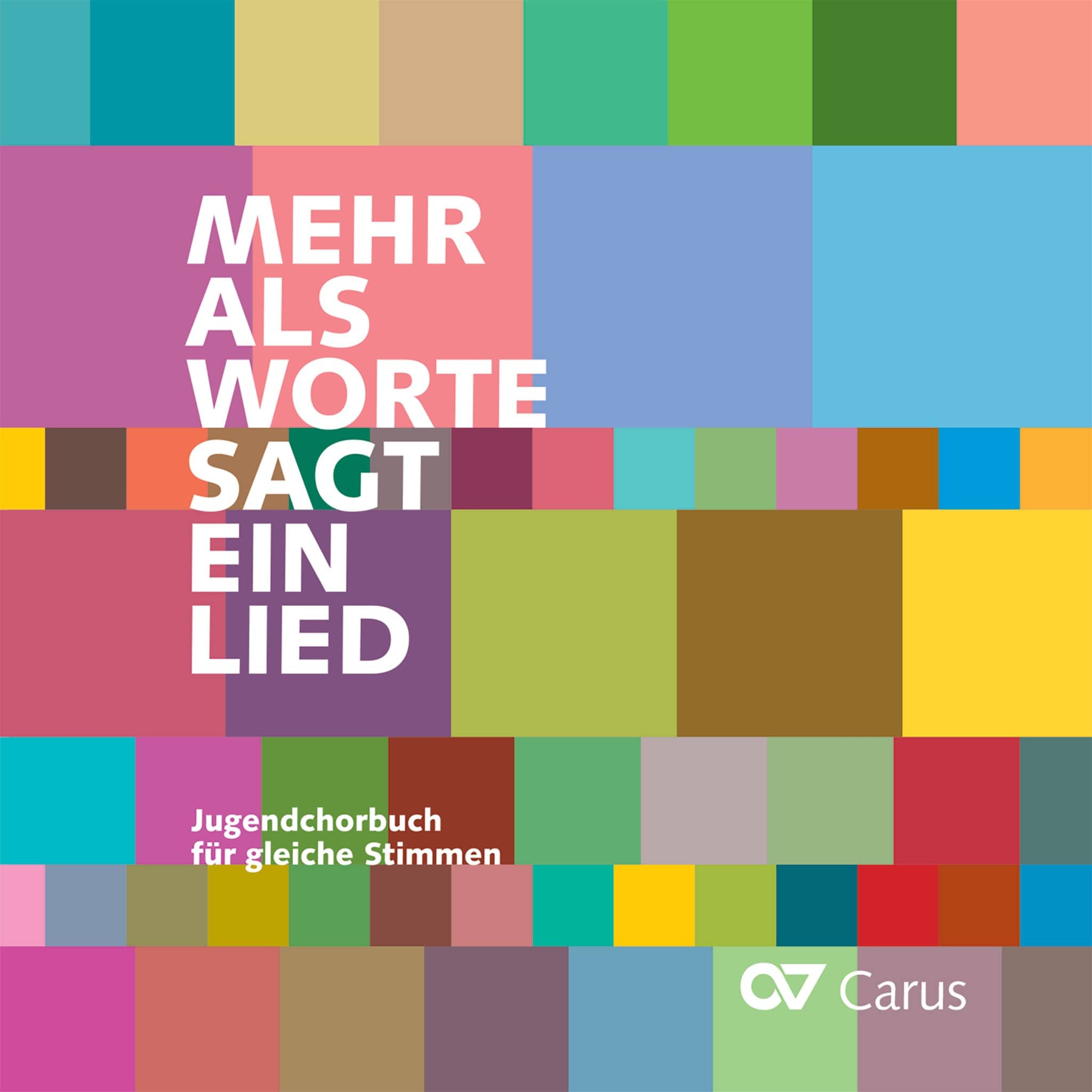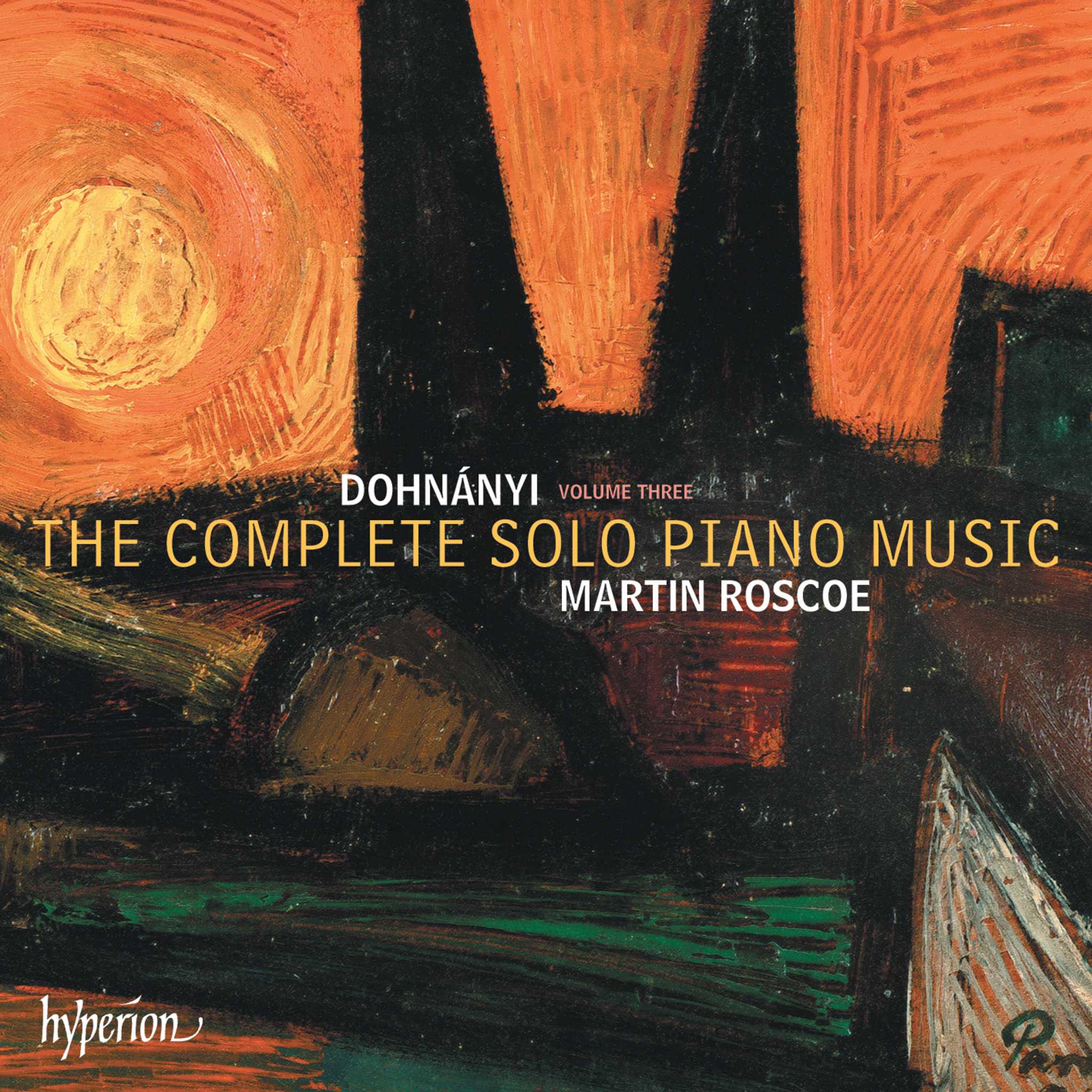Exploring the Captivating World of French Composer Léo Delibes
Léo Delibes (1836–1891) was a French Romantic composer celebrated for his significant contributions to the worlds of ballet and opera. His works, often drenched in lush romanticism, have left an indelible mark on the world of music. He is best known for elevating the artistic quality of ballet music and infusing his stage works with lyrical elegance and memorable melodies.
Key Works by Delibes
Delibes's masterpiece, Coppélia, is often regarded for its charm, melodic inventiveness, and the iconic "Waltz of the Hours." It helped set a new standard for ballet music, giving it an importance and sophistication previously reserved for opera. Another landmark ballet, Sylvia, is noted for its evocative score and the "Pizzicato" movement, which remains a concert favorite. This work further established Delibes as a master of ballet composition and inspired future composers like Tchaikovsky.
Delibes’s most famous opera, Lakmé, is set in colonial India and features exotic colorings and lyrical arias. The "Flower Duet" from this opera is especially renowned, having transcended the opera house to become a cultural touchstone, featured in numerous films and commercials. His earlier ballet, La Source, contains music that foreshadows Delibes’s later mastery, blending vibrant orchestration with dance rhythms. It established his reputation and led to his groundbreaking work in Coppélia.
Delibes also composed a selection of mélodies (French art songs), some of which are still performed today. He also wrote several comic opérettes and works for the stage, as well as choral and church music in his earlier years.
Influence and Legacy
Delibes was a pivotal figure in the development of modern ballet, elevating the art form with sophisticated, symphonic scores. His music remains central to the classical repertoire, and his influence can be seen in the works of many subsequent composers.








